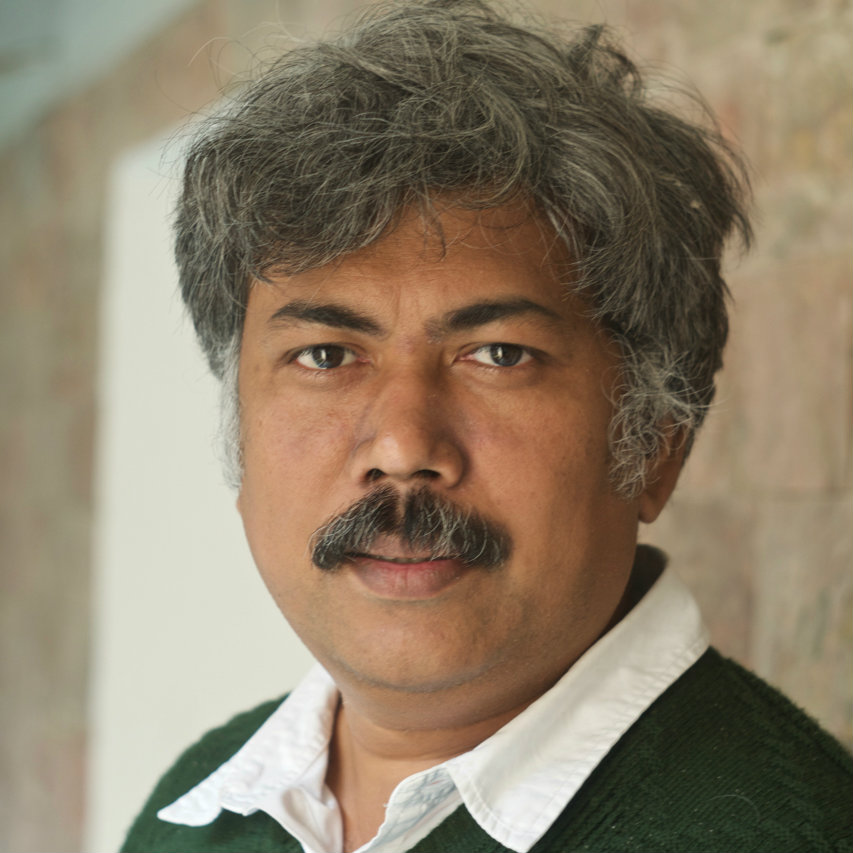About the course:
Mathematical modeling has become an integral part of different fields of biology, from ecology to cell biology. This course will introduce students of biology to elementary mathematical concepts and tools for dynamical models. The course will focus on modeling using ordinary differential equations (ODEs). We will start with basic mathematical concepts of ODE-based models and then connect those with experimental biology. Mathematical models will be on cellular and molecular processes in biology, like cell signaling, and transcriptional networks. Students will learn basics of analytical techniques, graphical techniques, and numerical simulation.
Intended
audience:
Students of Biotechnology, Biology, Mathematical Biology, and allied subjects.
Pre-requisites:
Must have studied Mathematics at 10+2 level. Have studied graduate-level
Biochemistry and Molecular Biology. Knowledge of Computer Programming will be helpful but not a necessity.
Industries that will recognize this course:
Bio-pharma industries use cellular level as well organism level mathematical models. This course would help to initiate biologists to such modeling.
About the course
instructor:

Dr.
Biplab Bose, is an Associate Professor, in the Department of Biosciences and
Bioengineering at IIT Guwahati. He has developed an elective course on Systems
Biology and has taught this course, for last nine years, to B. Tech, M. Tech,
and Ph. D students at IIT Guwahati. He is interested in understanding the design
principles of molecular communication in cells. His research group at IIT
Guwahati works on molecular network motifs, cellular information processing,
and non-genetic heterogeneity.